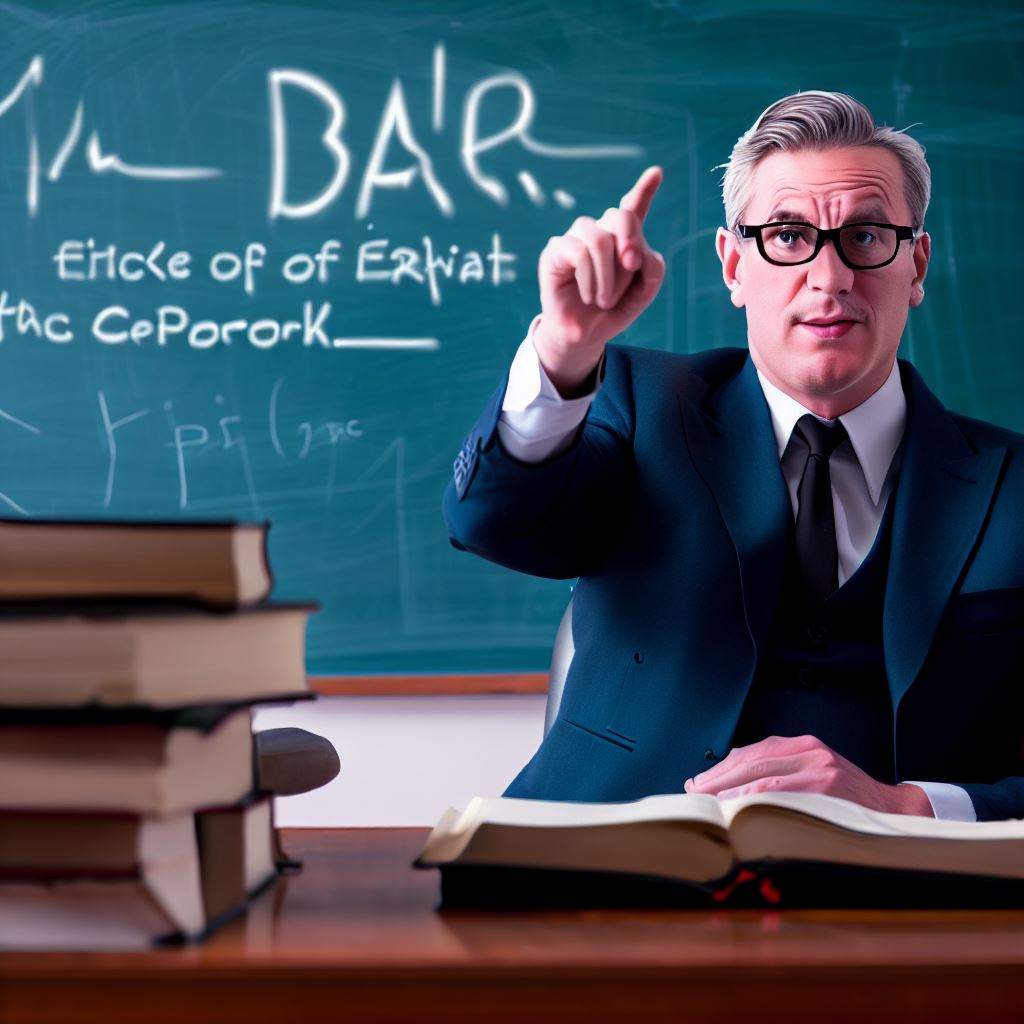What points must an auditor give special attention while vouching payments
The object of
vouching the payments is not merely to ascertain that money has been paid away,
but the auditor should vouch payments for the following purposes:
a) To ascertain
that all the payment have been made properly on behalf of the business and that
they are a proper business charge;
b) To ensure
that payments have been received by the correct payees;
c) To see that
the payment relate to the period under audit;
d) To detect if
any fraudulent payments have been made;
e) To see that
the payments have been correctly recorded in the books.
An auditor will
examine the efficiency and reliability of internal check before beginning to
vouch cash payments. In vouching payments auditor will pay special attention to
the following points:
1) All vouchers (receipts for payments)
should be collected, properly filed, serially numbered and arranged date-wise.
Duplicates of lost vouchers should be obtained;
2) All vouchers pertaining to a particular
period and vouched at the same time. Vouchers, which are checked should be
cancelled by a rubber stamp and auditor should put his initials on them so that
they may not be produced more then once in support of other entries;
3) Auditor should see that all vouchers
have been made out in the name of client’s business and that they pertain to
the business. They must comprise all the documentary evidence considered
necessary. Auditor should verify that the benefit of the payment has been
received by the business only and not by anybody else connected with the
management directly or indirectly. Auditor must see that the goods or services
mentioned in the voucher have actually been received by the business.
4) The date of the voucher must be checked
by an auditor to ascertain that it does not belong to the period not under
audit. The date of the voucher must fall within the period under audit and it
must correspond with the date of its entry in the Cash Book;
5) The transaction must be in conformity
with the nature of the client’s business. All unusual transactions must be
carefully inquired into;
6) Missing vouching should be carefully
noted and brought to the knowledge of the owner of the business;
7) Explanations and informations regarding
any voucher should be obtained at the earliest opportunity;
8) Receipts for payments of more than a
certain amount must bear a revenue stamp for a specific amount;
9) The details in the voucher should agree
with those entered in the books in all details, e.g. date, amount, etc,
calculations and totals must be correct;
10) All vouchers must be checked and passed
for payment by some responsible official;
11) Auditor should ascertain that amounts
have been correctly posted to the appropriate accounts and distinction has
thoroughly been observed between Capital and Revenue expenditure;
12) In case of payments for expenses, auditor
period beyond the period under audit. This would disclose to the auditor all
the payments made in advance;
13) Payments on account of wages, postage etc,
should be checked by reference to subsidiary registers containing a detailed
record of such payments;
14) Most of the business follow the practice
of making payments of large amounts by cheques. If large amounts appear to have
been paid in cash, contrary to the usual practice of the business, auditor must
ascertain the circumstances in which it was considered necessary.
15) Auditor must ascertain that no payments
have been made contrary to the terms and conditions of the agreements and that
benefits of cash discounts have been properly adjusted in the accounts.

Comments
Post a Comment